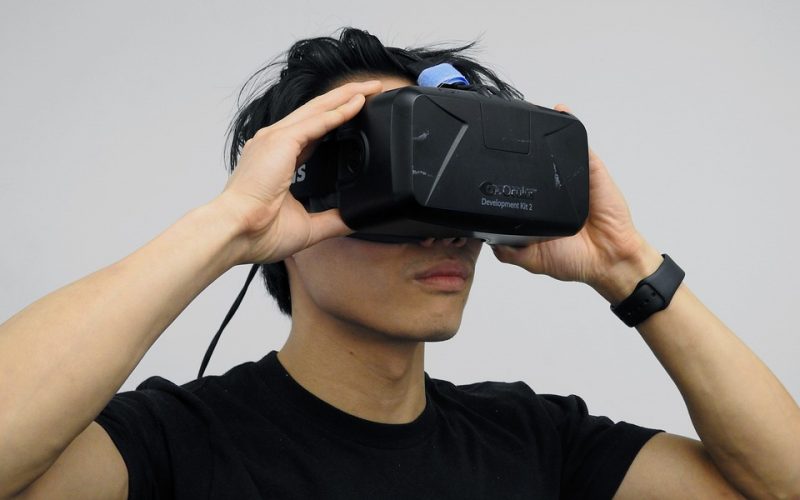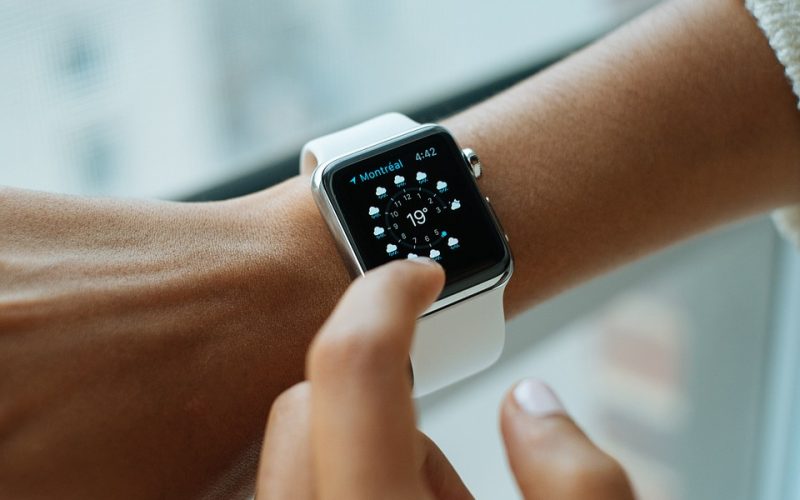The emergence of dating apps has revolutionised the dating landscape, marking a significant shift in how people meet and engage in romantic relationships. With just a swipe or a tap, the opportunity to connect with someone new is at our fingertips, broadening horizons and creating a new paradigm for romance.
The convenience of connection
Dating apps have introduced an unprecedented level of convenience into the search for a partner. Gone are the days of relying solely on chance encounters or setups by friends. With an array of potential matches accessible at any time, the quest for companionship can continue around the clock and doesn't interfere with our busy schedules. This ease of access has made it possible for people to connect with others whom they might never have crossed paths with otherwise.
Greater diversity in matches
With comprehensive filters and algorithms, dating apps can link individuals to a more diverse pool of potential partners beyond their immediate social circles. Users have the option to search for partners based on various criteria, leading to interactions with individuals from different backgrounds, cultures, and geographical locations. This has led to an increase in interracial and intercultural relationships, broadening understanding and acceptance across different societies.
Changing norms and behaviours
The norms of dating have shifted under the influence of dating apps. The traditional "three-date rule" or waiting days to call someone are no longer hard and fast standards. Communication is more instantaneous and casual, which, while convenient, can sometimes lead to ambiguity in the intentions and seriousness of suitors. Furthermore, the anonymity provided by the apps can lead to a decrease in accountability, sometimes facilitating ghosting and other discourteous dating behaviours.
Paralysis by analysis
One unintended consequence of the vast array of choices presented by dating apps is the paradox of choice. Some users find themselves swiping through profiles without end, searching for the perfect match that may not exist. This can lead to a sense of indecision and dissatisfaction, as users might wonder if a better match is just a swipe away, thereby undermining potential relationships that are already forming.
The prominence of superficiality
Dating apps, particularly those that emphasise photo-heavy profiles, have led to an increased focus on physical appearance. This can perpetuate a culture of superficiality where users may prioritise looks over personality traits, interests, or values in their search for a match. However, many apps are evolving to incorporate more comprehensive bios and prompts to combat this tendency and promote a more fulsome picture of the individual.
Continuous evolution of dating apps
In response to various user experiences and feedback, dating apps continuously evolve to better meet the needs of their users. New features, such as video calls, more detailed profiles, and improved safety measures, have been introduced. Furthermore, niche dating apps targeting specific interests and communities are on the rise, offering tailored dating experiences that cater to individual preferences and values.
The way forward
Dating apps have indubitably transformed the social construct of dating. While presenting several benefits, such as convenience and a broader pool of potential partners, they also bring challenges like fostering a culture of indecorum and superficial judgements. The future of dating through apps lies in the ability to adapt to user needs, promoting deeper connections, and nurturing a respectful and genuine dating culture. As technology continues to evolve, so too will the ways in which we find love and companionship, making the act of dating an ever-changing dance between tradition and innovation.
Dating apps have truly become an integral part of the modern dating scene, altering social interactions and the pursuit of romantic relationships. People now venture into the world of dating equipped with more tools and possibilities than before, yet they also wade through new complexities and decision-making processes. The influence of dating apps is extensive and ongoing, sure to evolve further as technological advances and human behaviours adapt in this dynamic digital age.


















